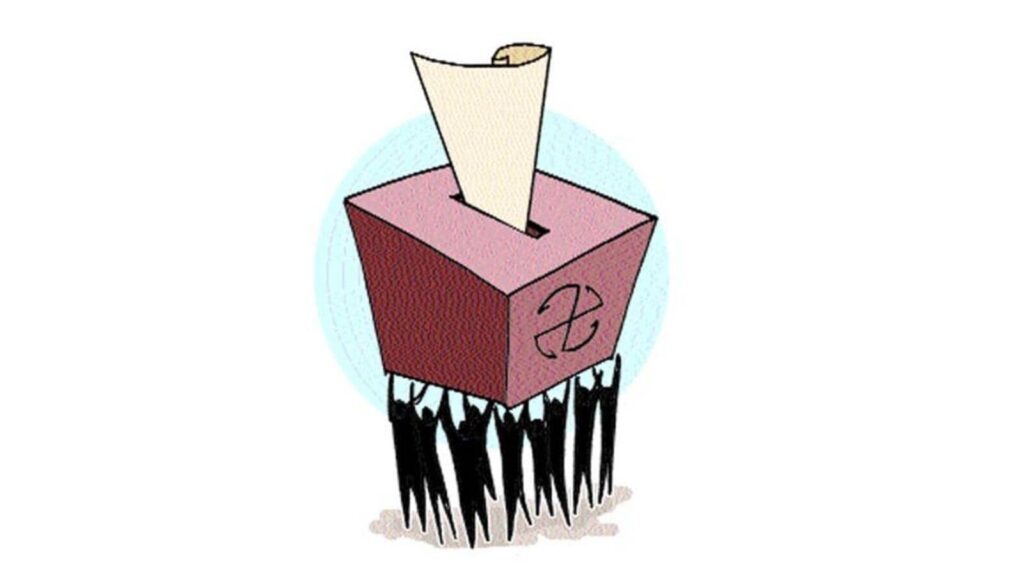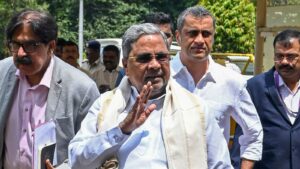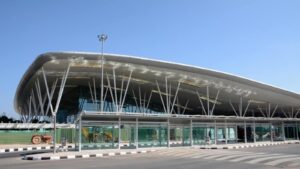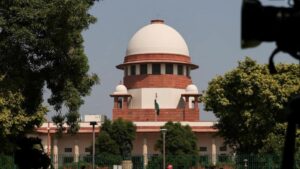Mahayuti, MVA field only around 10% women in polls

Pune: Despite all their rhetoric on women’s empowerment, equal representation in politics and the launch of flagship schemes like the Ladki Bahin Yojana, both the ruling and opposition alliances have fielded only around 10% women candidates in the assembly polls to be held on November 20.

The Mahayuti, comprising the BJP, the Eknath Shinde-led Shiv Sena and the Ajit Pawar-led NCP, has nominated 29 women for the 288-member house, for which a total of 4,140 candidates are in the fray, including independents and those from smaller parties. The Maha Vikas Aghadi (MVA), an alliance of the Congress, the Uddhav Thackeray-led Shiv Sena and the Sharad Pawar-led NCP (SP) has fielded 27.
The break-up is as follows: the BJP, contesting 152 seats, has fielded 17 women. The Shiv Sena, contesting 80 seats, has given tickets to seven women, while Ajit Pawar’s NCP has nominated five women across 52 seats. In the MVA, Sharad Pawar’s NCP (SP) has a comparatively higher representation, with 11 women contesting in the 87 seats. The Congress, contesting 103 seats, has fielded seven women, while Uddhav Thackeray’s Shiv Sena (UBT), contesting 96 seats, has nominated nine.
This election is the first in Maharashtra following the passage of the women’s reservation bill, which reserves one-third of all seats in the Lok Sabha and state assemblies for women. However, since the bill has not yet taken effect, its impact on candidate selection remains limited. In the recent Lok Sabha polls too, parties fielded a minuscule number of women across the country, with just 74 women MPs elected—a slight drop from 78 in 2019.
In Maharashtra, a state perceived as progressive, which introduced reservation for women in local bodies long ago, the low female representation raises questions. “Even in this number, many of the female candidates come from prominent political families,” said a political analyst. “There are very few new faces on the ballot papers.”
Political observer Abhay Deshpande said it was sad that all political parties sought women’s votes but were unwilling to give them representation. “In the last few years, Maharashtra’s political parties have preferred male candidates to female ones,” he said. “The factors considered by political parties are money, muscle and elective merit. I think women will be able to get enough representation only after it becomes mandatory.” Deshpande added that local bodies elections not happening for the last few years had stymied the process of creating more women leadership.
In 2019, Maharashtra elected 24 women MLAs. The BJP-Shiv Sena combine and the opposition Congress-NCP alliance had then fielded 46 women candidates in all. The BJP had fielded the highest number of women, at 17, including ten who were sitting MLAs. Its then ally, the Shiv Sena, had fielded seven.
The state government recently introduced the Ladki Bahin Yojana, which gives a monthly financial grant of ₹1,500 to every eligible woman in the state. Leaders of the Mahayuti had claimed that the scheme was an attempt to “empower” women.
Neelam Gorhe, deputy chairperson of the Maharashtra Legislative Council, said, “Change takes time. Elections prioritise money, muscle and electoral merit, which can limit opportunities for women. Recognising this, the NDA government, under Prime Minister Narendra Modi, introduced the women’s reservation bill. We hope that by the 2029 assembly elections, we will see improved representation.”




